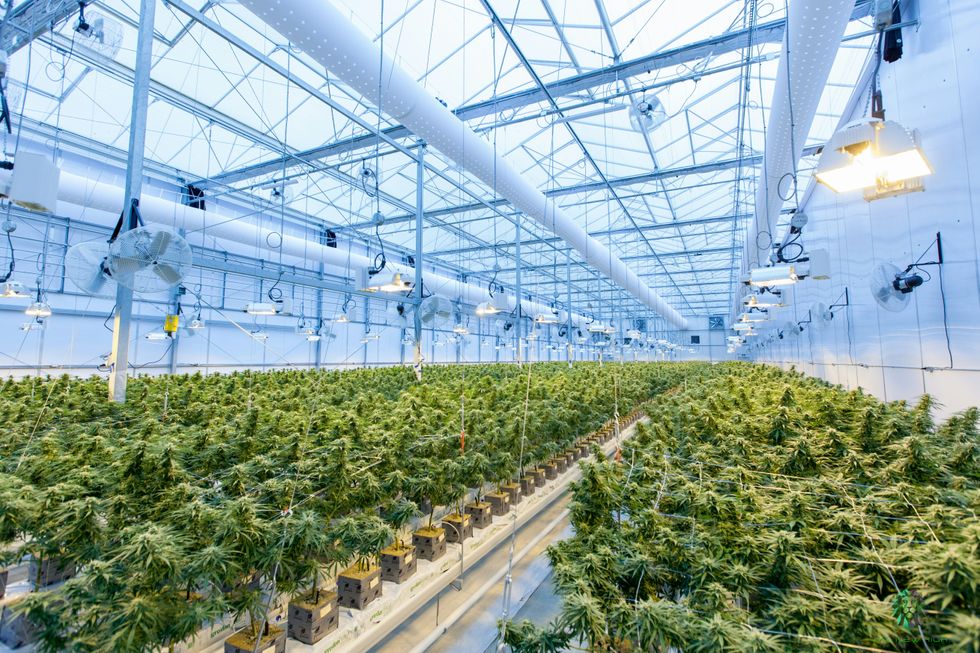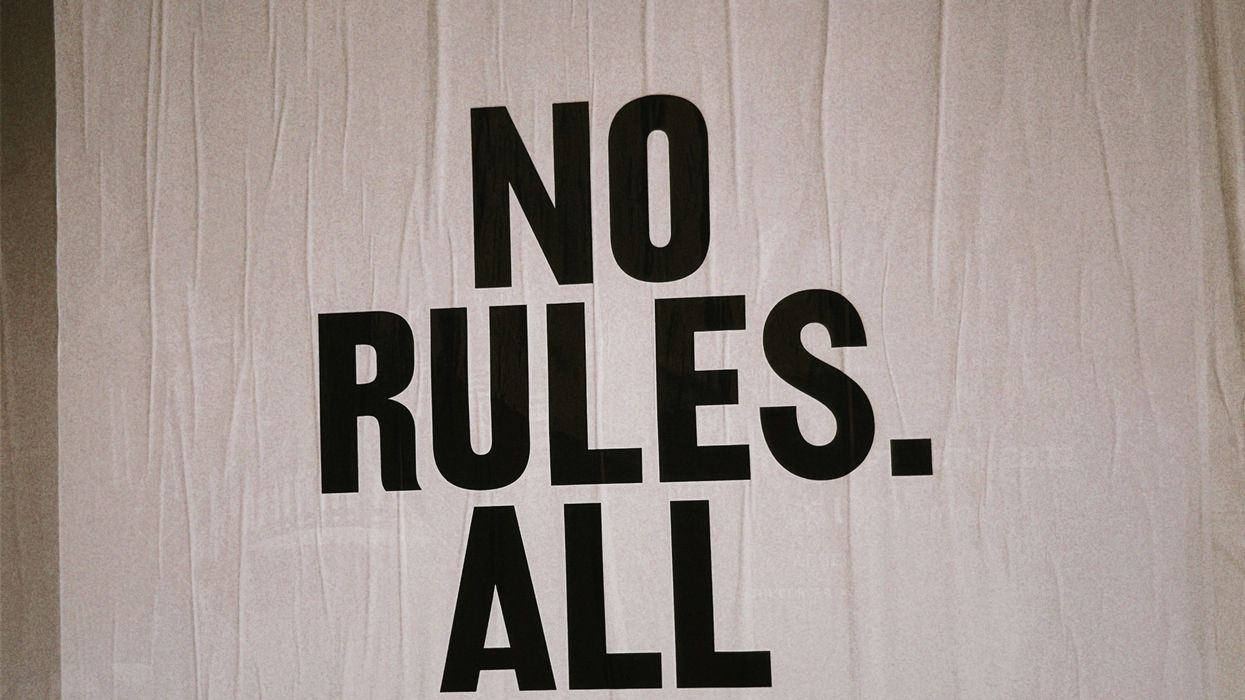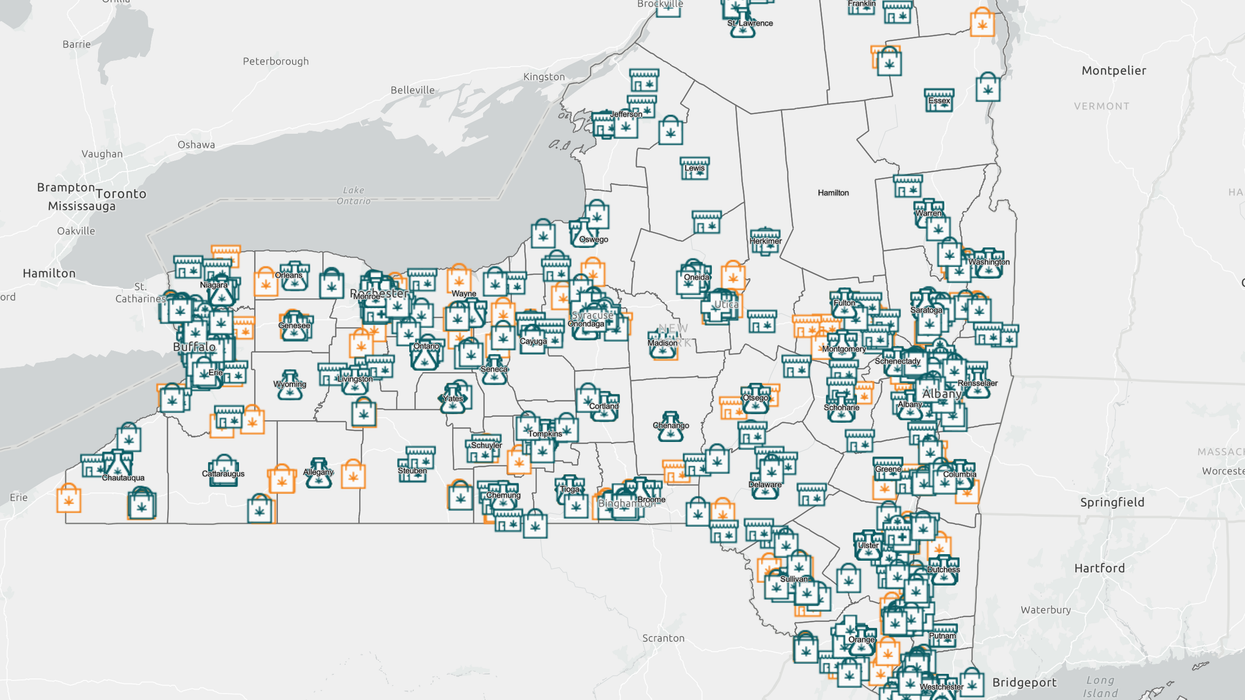Great news for medical cannabis out of New York this week.
On Jan. 24, 2022, The New York State Office of Cannabis Management announced that it would expand the state’s medical cannabis program for patients with “any condition that the practitioner believes can be treated with medical cannabis.”
This is a major win for medical cannabis advocates as New York continues to loosen up what was a very strict medical cannabis program.
Previously, medical cannabis in New York was reserved for severe ailments such as cancer and HIV.
This is significant because when policymakers decide who can and cannot have medical cannabis, they are essentially practicing medicine without a license.
Practicing medicine without a license can be considered a felony, punishable by up to eight years in prison.
Think about that for a second.
Now, New York is truly putting medical cannabis back into the hands of physicians and practitioners – where it belongs.
“It is terrific to see the Medical Cannabis Program expand so vastly with the launch of the new certification and registration program and the ability of practitioners to determine qualifying conditions as included in the MRTA,” said Cannabis Control Board Chair Tremaine Wright.
Hopefully, other strict medical cannabis programs across the U.S. and abroad will follow in New York’s footsteps.
As cannabis writer David Downs points out in his recent article at Leafly, New York has taken a number of steps since October to loosen up its medical cannabis policies: allowing flower, advancing home cultivation regs, raising legal carry limits, waiving fees, and cutting red tape.
In short, Governor Kathy Hochul is proving to be a fantastic leader on the cannabis issue. Same goes for New York’s Office of Cannabis Management.
Does Medical Cannabis Even Matter With Adult-Use Legalization?
When markets neglect their medical cannabis programs in the wake of adult-use cannabis laws, it is a tragedy of sorts.
Medical cannabis programs should never go the way of the dodo (extinction). If anything, they require regular attention to improve and evolve.
These programs ought to become more robust after adult-use legislation, making things easier and better for patients and healthcare practitioners alike.
For starters, medical cannabis patients often experience rightful benefits, such as lower prices, the right to home grow (depending on the state), and among other advantages, professional guidance.
When a person is using cannabis to tackle a specific medical issue, professional guidance goes a long way versus self-care.
For most cannabis patients (today and in the future), it is completely unacceptable to think they can walk into a retail location, find what they need, and figure things out for themselves.
A lot of doctors need guidance on cannabis as well. Some may want to brush up on the essentials of medical cannabis or at least have enough knowledge to refer a patient to a cannabis specialist.
In either case, let’s see what happens with New York’s medical cannabis program enrollment over the coming months.
Need a little more Bluntness in your life? Sign Up for our newsletter to stay in the loop.







 When it comes to pricing, cultivation methods matter - The Bluntness
Photo by
When it comes to pricing, cultivation methods matter - The Bluntness
Photo by 









 The mix of in-state and out of state brands at a legal NY dispensary
The mix of in-state and out of state brands at a legal NY dispensary